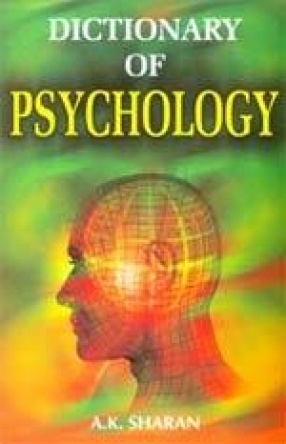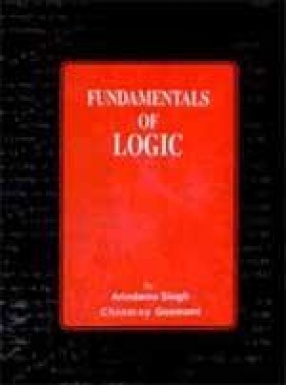Psychology is generally defined as the science of behaviour and mental processes and the application of the resulting findings to the solution of problems. The word thus simultaneously refers to a science (involving the study of the behaviour of humans and animals) and to various interventions (treatments and therapies) in the mental processes and behavioural patterns of people. In philosophy, the systematic study of mind, as opposed to physics or the study of matter. Applied in theosophy to the attributes, qualities, and powers of the human intermediate nature, contrasted with physiology. In ancient times psychology was the science of soul; and this science being the causative, and physiology the effective or consequential, no one was considered an informed or expert physiologist who was not previously trained in psychology. In modern days, due to an almost utter ignorance of the inner nature of man, psychology has largely been based on physiology, if indeed not a vague type of physiology itself. Written in clear, precise, jargon-free language, this complete, up-to-date dictionary includes definitions of psychology terms and those from related disciplines including psychoanalysis, psychiatry and biology as well as parapsychology. Developed for psychologists and students of psychology and likely to become the standard scholarly resource, this dictionary’s clear language, user-friendly organization, and unparalleled comprehensiveness will also serve a wider range of users in academic and large public libraries.
Applying Social Psychology
$76.50
$85.00






There are no reviews yet.